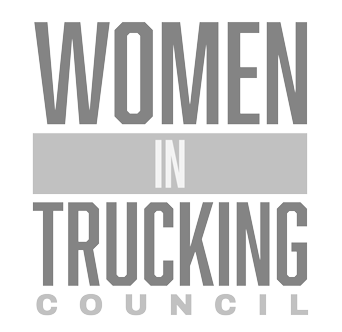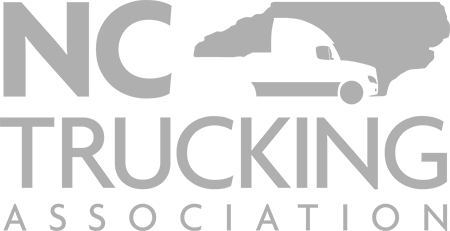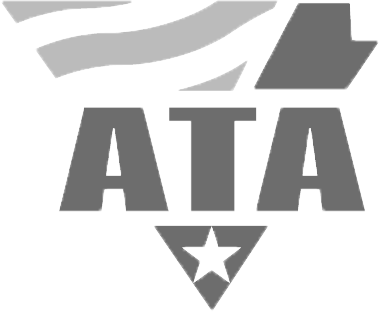The landscape of the trucking industry is undergoing a significant transformation, driven by advancements in autonomous vehicle technology. As driverless trucks edge closer to widespread deployment, particularly in regions like Texas, the paramount concern remains: ensuring freight safety human drivers. This evolution introduces new complexities and opportunities, demanding a rigorous focus on safety protocols, technological reliability, and the continued integration of human oversight. For companies like APEX Transit, with our core philosophy to Move – Manage – Optimize, the future of freight transportation hinges on a balanced approach that embraces innovation while prioritizing the well-being of all road users and the security of cargo.
Texas Paves the Way for Driverless Trucks
Texas has emerged as a key proving ground for autonomous trucking technology, with companies actively testing and preparing their self-driving heavy-duty vehicles for driverless operations. These trials involve autonomous tractor-trailers navigating busy interstates and local roads, demonstrating their ability to handle complex traffic scenarios, merges, and unexpected hazards. While currently operating with safety drivers on board for supervision, the goal is to transition to fully autonomous runs later this year. This proactive environment in Texas highlights the industry’s commitment to advancing the technology, but always with an initial emphasis on supervised learning and real-world data collection to refine performance.
The Core Philosophy: Safety First in Autonomous Trucking
At the heart of autonomous vehicle development is an unwavering commitment to safety. Developers are designing systems to operate defensively and cautiously, treating unfamiliar objects and unpredictable situations with extreme care, much as a seasoned human driver would. This safety first philosophy is not merely a slogan but a foundational principle guiding every aspect of design and operation. Robust testing protocols and continuous refinement cycles are employed to build confidence in the technology’s ability to navigate diverse road conditions safely. For asset-based carriers like APEX Transit, our dedication to effective asset-based Roadcheck compliance strategies aligns with this meticulous approach, emphasizing preventative maintenance and stringent operational standards across our fleet of Volvo power units and Hyundai trailers to minimize risk.
Technological Advancements for Enhanced Road Awareness
Autonomous trucks rely on an array of sophisticated sensors and artificial intelligence to perceive their environment. Technologies like lidar (light detection and ranging) enable these vehicles to see objects hundreds of meters away, even in challenging conditions such as fog or light rain. This enhanced perception allows the autonomous system to identify and react to potential hazards before a human driver might, contributing significantly to accident prevention. The continuous development of these sensory capabilities, coupled with advanced algorithms, empowers autonomous trucks to predict and respond to traffic dynamics with remarkable precision. This commitment to cutting-edge technology for comprehensive oversight is paralleled by our own focus on real-time trucking visibility integrations, utilizing telematics systems like Samsara ELD and LoadStop TMS to provide 100% real-time insight into freight movement.
Beyond the Wheel: Ensuring Freight Safety Alongside Human Drivers
Even as autonomous technology progresses, the role of human professionals remains integral to the trucking ecosystem. Before any autonomous vehicle embarks on its journey, CDL holders perform essential Commercial Vehicle Safety Alliance inspections at terminals, ensuring mechanical integrity and compliance. Furthermore, human drivers are currently involved in monitoring and overseeing the technology during testing phases, gathering invaluable data for improvement. The industry recognizes that even with driverless operations, there will always be a need for skilled human drivers for tasks such as first-mile and last-mile deliveries, maintenance, and specialized operations. The focus is on creating a synergistic environment where autonomous technology complements and enhances the capabilities of human drivers, contributing to overall ensuring freight safety human drivers by alleviating fatigue and handling long-haul segments.
Tracking Progress: Incident Reporting and Industry Dialogue on AV Safety
Transparency and accountability are crucial for the successful integration of autonomous trucks. The National Highway Traffic Safety Administration (NHTSA) plays a vital role by requiring manufacturers and operators to report incidents involving autonomous vehicles to a public database. This data helps track the safety record of these technologies and informs ongoing regulatory discussions. The NHTSA is actively working on regulatory frameworks, including efforts to finalize safety standards for vehicles without traditional driving controls, which is a significant step toward defining guidelines for autonomous trucking operations. More information on these regulations can be found on the NHTSA’s official press releases and their dedicated page on automated vehicle safety. While many incidents reported involve no injuries or occur when the vehicle is in manual mode, the industry, including veteran human drivers and organizations like the Owner-Operator Independent Drivers Association (OOIDA), continues to engage in dialogue about the necessary level of oversight and the long-term implications for road safety. The ultimate goal shared by all stakeholders, including APEX Transit, is to achieve a trucking environment where accidents are minimized through a combination of advanced technology, stringent regulations, and human expertise.
Have questions? Contact us here.














